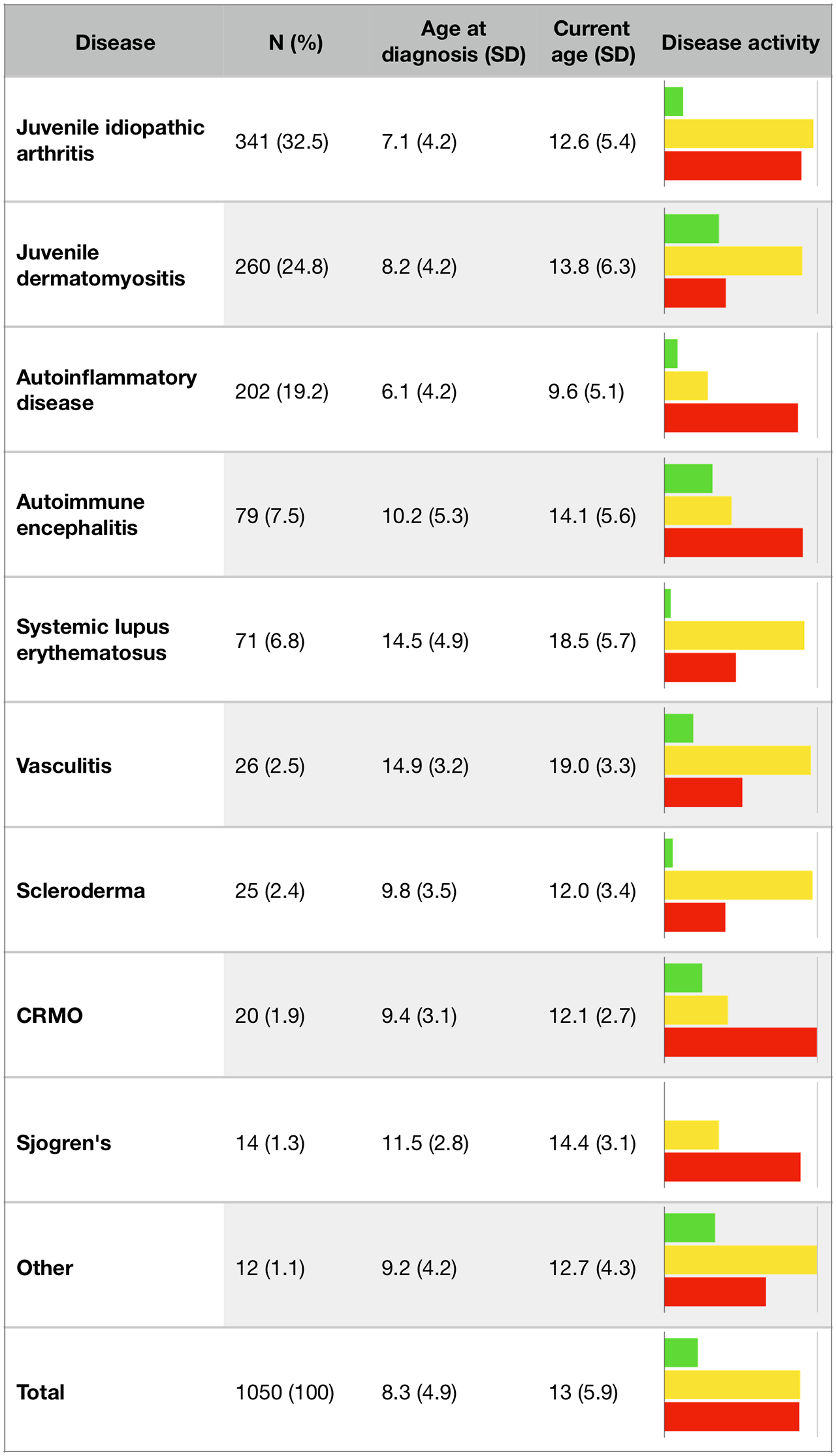Session Information
Date: Monday, November 11, 2019
Title: Pediatric Rheumatology – ePoster II: SLE, Juvenile Dermatomyositis, & Scleroderma
Session Type: Poster Session (Monday)
Session Time: 9:00AM-11:00AM
Background/Purpose: Disease and treatment burdens are high for children living with rheumatic diseases. Pediatric patients and their families lack a mature evidence base to guide treatment decisions and often need greater levels of psychosocial support than may be available in traditional healthcare settings. In this context, engaging with others facing similar challenges and health problems via social media may be helpful and impactful for healthcare decision-making.
In this study, we sought to understand attitudes, beliefs, and behaviors concerning social media use among parents of children with rheumatic diseases, and how such engagement might affect decision-making about their child’s health care.
Methods: We worked with PARTNERS, a patient-powered research network, to disseminate an online survey through 9 different patient support organizations. The survey was distributed through email, website links, and on these groups’ social media accounts.
Surveys were completed anonymously under implied consent. The survey was active between January 22 – April 2, 2019. The study was deemed exempt by the Boston Children’s Hospital IRB.
Results: The survey was accessed 1,360 times and 1,050 surveys had non-missing data available for analysis. Participant characteristics are shown in Table 1. The mean age of children was 13; their mean age at diagnosis was 8.3 years. Only 11.1% of children were in remission and off medications, the rest had stable (44.5%) or active (44.3%) disease. Juvenile arthritis was the most common condition represented (32.5%).
Most parents (94.9%) used social media; of these, 97.8% had viewed content about other families with a child with a similar rheumatic condition on these platforms, and 92.9% had posted, shared, or commented on social media about their own child’s rheumatic condition. Reading about other families was most helpful to learn how these families were living their lives in the setting of their child’s disease. Other reasons for reading this content are shown in Figure 1. Social media use affected the child’s medical care mainly by helping the parent manage their child’s symptoms (67.7%) and medication side effects (64.3%). Other ways in which social media affected the child’s medical care are shown in Figure 2.
Conclusion: Health-related social media use by parents of children with rheumatic diseases was widespread in this large cohort of parents recruited online through patient support organizations. The greatest benefit from online interactions resulted from decreasing feelings of isolation of the parent and normalizing the diagnosis of a rheumatic illness in a child. While for most parents these online interactions did not have significant effects in the choices of medications used or the choice of doctors selected to treat their child’s medical condition, they seemed to provide some utility in helping parents better manage their child’s symptoms, medication side effects, and the mental and social challenges related to their diagnosis.
A better understanding of parental needs may allow us to create interventions that could help provide greater support for families and improve health outcomes for children with rheumatic diseases.
To cite this abstract in AMA style:
Hausmann J, Del Gaizo V, Magane K, Marin A, Malloy S, Mishra S, Aquino T, Natter M, Schanberg L, Weitzman E. Health-related Social Media Use by Parents of Children with Rheumatic Diseases [abstract]. Arthritis Rheumatol. 2019; 71 (suppl 10). https://acrabstracts.org/abstract/health-related-social-media-use-by-parents-of-children-with-rheumatic-diseases/. Accessed .« Back to 2019 ACR/ARP Annual Meeting
ACR Meeting Abstracts - https://acrabstracts.org/abstract/health-related-social-media-use-by-parents-of-children-with-rheumatic-diseases/



